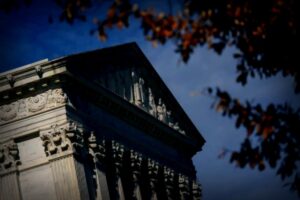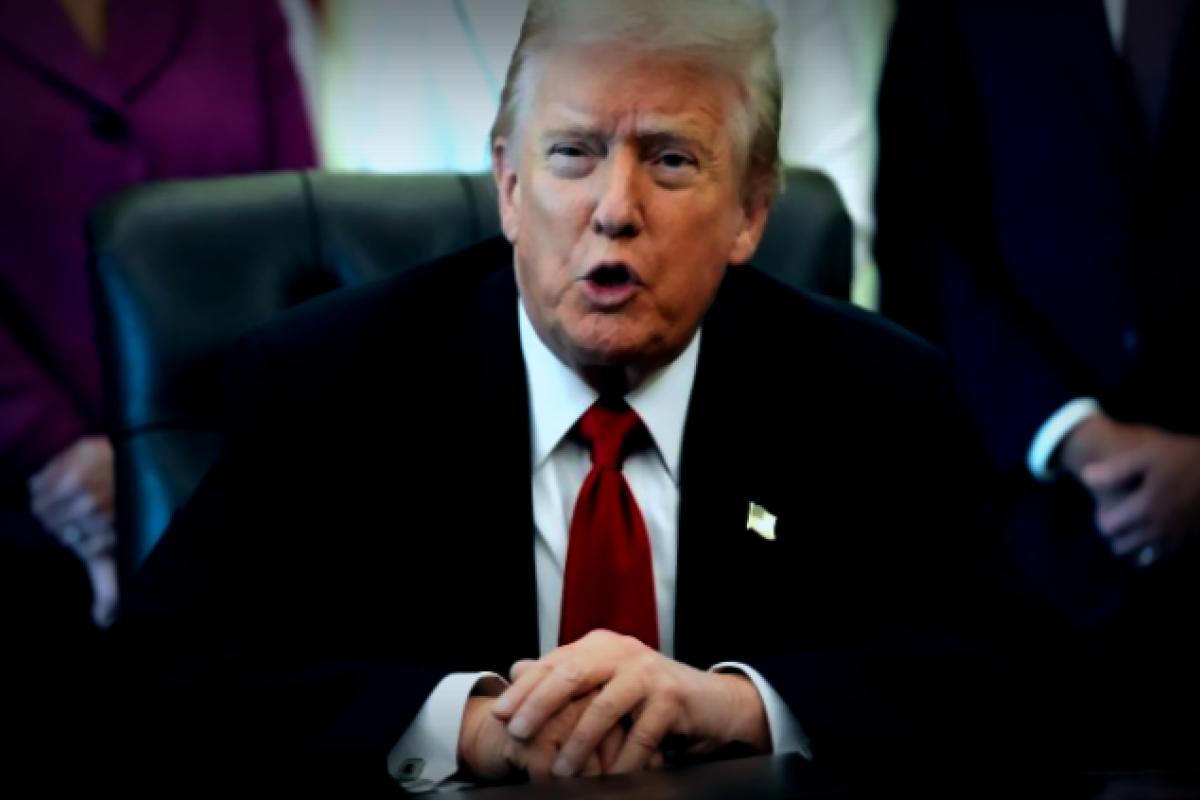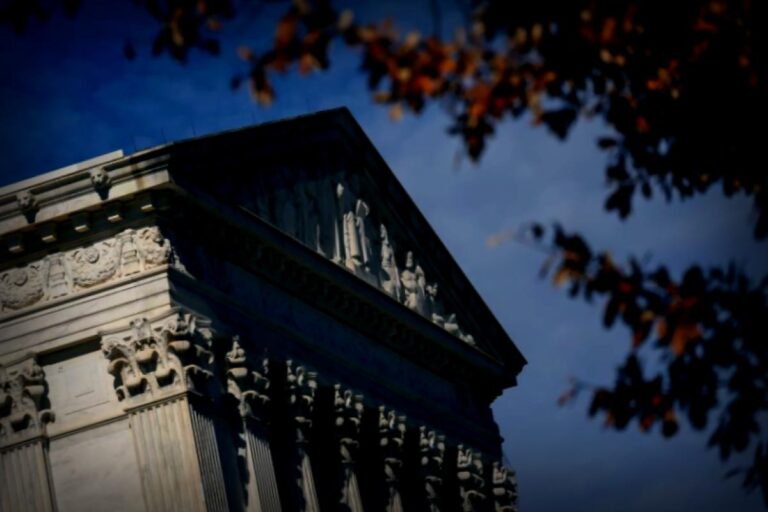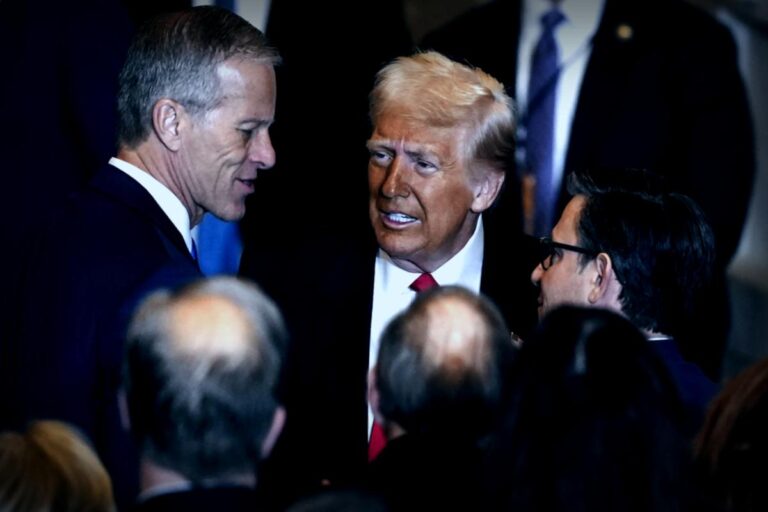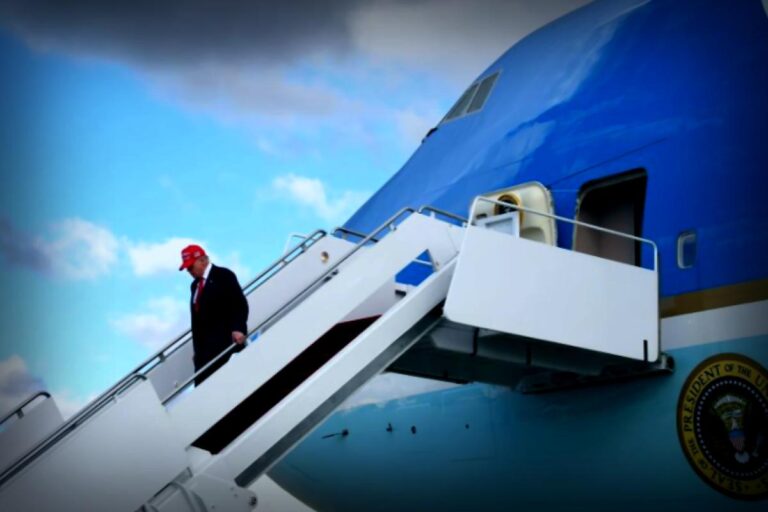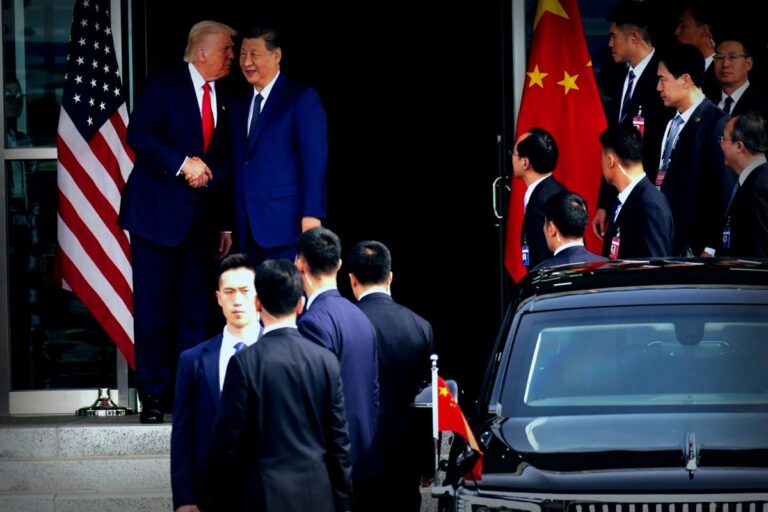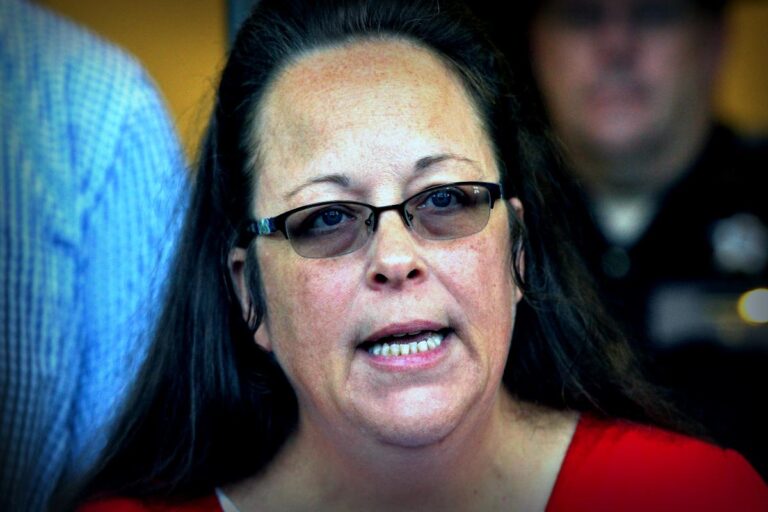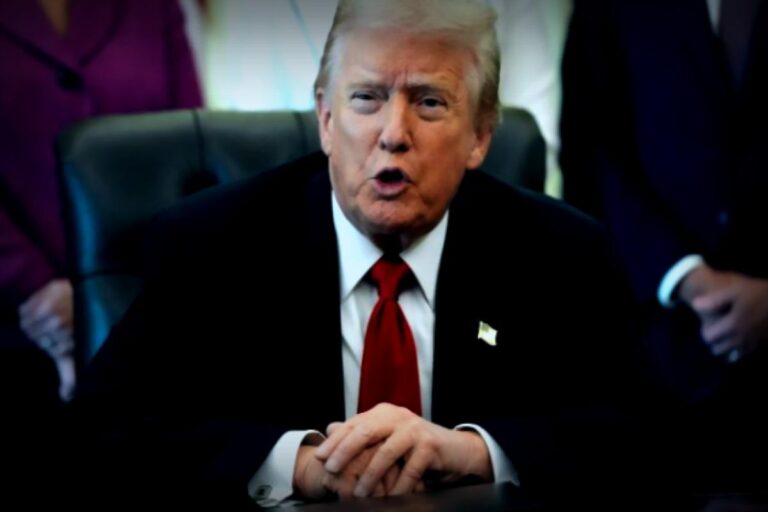(The Hill) — The Trump administration is calling on the Supreme Court to step in and block a decision that enforces full payments for the Supplemental Nutritional Assistance Program (SNAP) for November, which states are required to process by Friday.
Despite these efforts, an appeals court refused to suspend the ruling before the deadline. The administration warned that this situation is “untenable at every turn” and risks further chaos during the ongoing government shutdown.
Solicitor General D. John Sauer outlined in the emergency appeal that, “The core power of Congress is about managing finances, while the Executive Branch is responsible for distributing limited resources amidst various priorities.”
Sauer elaborated that the court’s decision has taken on a role akin to “declaring a federal bankruptcy” and claimed that it seems fit to play favorites among those competing for dwindling federal funds.
The request for an emergency intervention must be answered by 9:30 p.m. EST tonight.
This appeal comes on the heels of a communication from the U.S. Department of Agriculture (USDA) directed at regional SNAP managers, proclaiming their intention to comply with the court order and facilitate the payments.
The lack of SNAP funding has rapidly become one of the most noticeable repercussions of the unprecedented government shutdown, impacting government workers and straining other sectors, causing airline delays and stopping various services.
Just yesterday, U.S. District Judge John McConnell determined that the full payment of SNAP benefits must be disbursed by Friday.
As an Obama appointee, McConnell made it clear that the administration’s strategy to use emergency funds for only partial SNAP benefits wouldn’t cut it, especially considering impending delays necessitated by recalculations.
He issued an order for officials to source funds from another child nutrition program to meet the budget shortfall.
Sauer defended the agency’s previous choices, stating, “It’s not illegal for the agency to hold a different view — we can’t simply starve one program in hopes of aiding another without proper consideration.” He insisted that decisions like these fall under executive discretion, separating them from judicial powers.
A coalition of cities, religious communities, nonprofits, and a union that led the challenge against the PAYG stance support the ruling made by McConnell.
They contended in their court documents that the district court rightfully observed that proceeding with partial payments despite prolonged delays was arbitrary.
Copyright 2025 Nexstar Media, Inc. All rights reserved. This material may not be published, broadcast, rewritten, or redistributed.
Check out KNWA FOX24 for up-to-date news, weather, sports, and live broadcasts.

